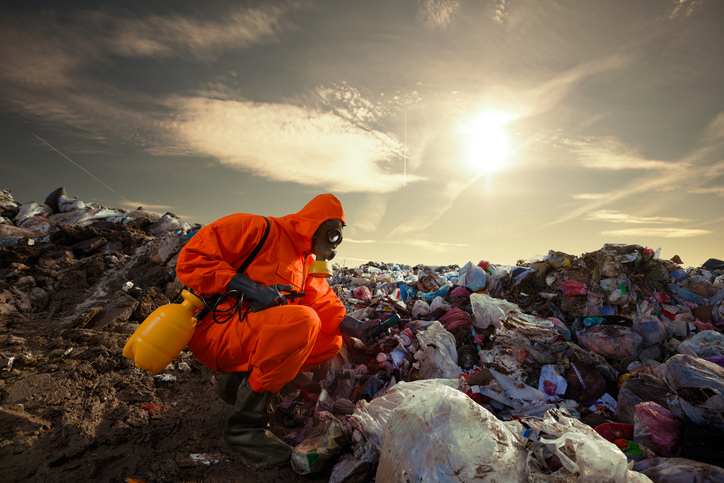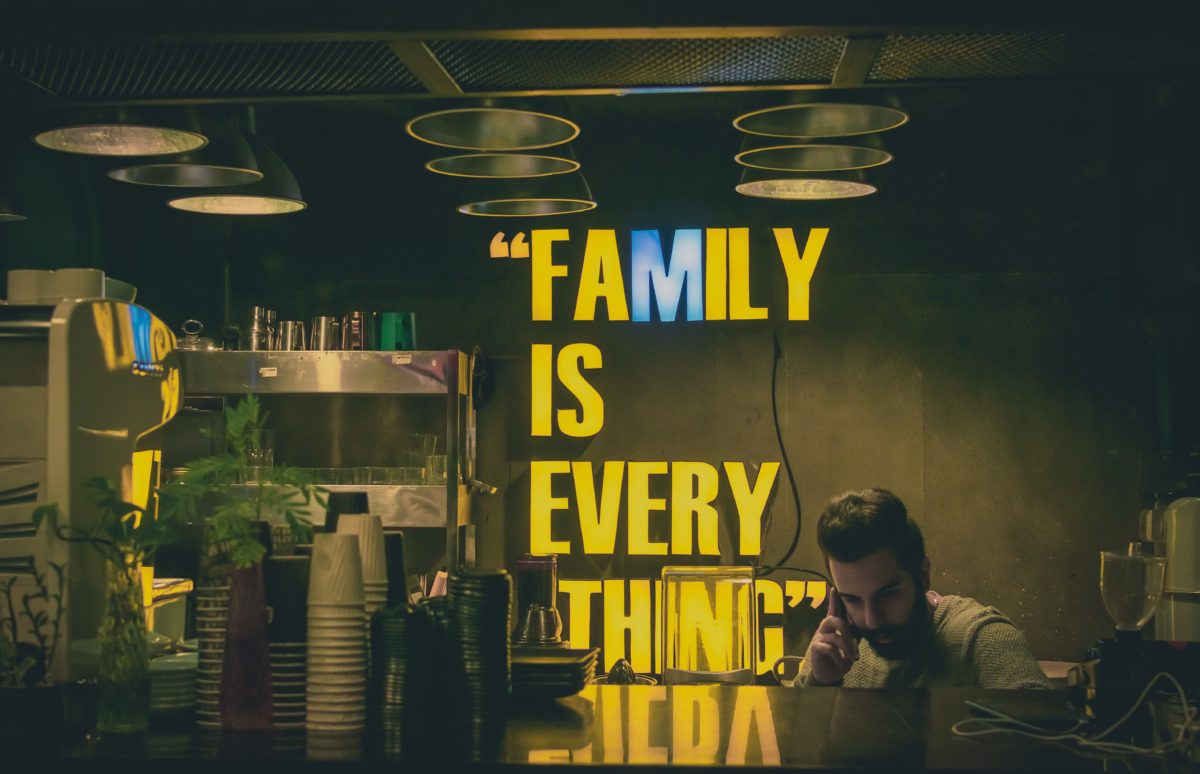In our present era of globalism, politics has also become a multifaceted domain that tries to overcome the language and political barriers between countries (e.g. the United Nations or the European Union) while, at the same time, it is constantly hindered by this. Therefore, language mediation is an intricate and delicate issue that covers many forms of communication, from private meetings to international conferences.
While political translation can also pose some challenges, it is interpretation where these abovementioned features are more immediate – mostly because, as the interpreter does not have the necessary timeframe to consider the cultural and contextual differences, the mediation has to happen promptly. As a consequence, an interpreter who wishes to work in the field of politics has to have many skills.
First of all, they have to be familiar with not just the subject matter of the event, but also its reception and appreciation in the political atmosphere of both the source and the target. They have to be aware of all the cultural issues that might surround the subject matter and the narrower and broader vocabulary that this entails. In addition, linguistic sensitivity is required. Figures of speech – like euphemisms, metaphors or intertextuality – are often used, and while one can prepare for such instances, e.g. if they receive the text of a speech or the outline of a presentation, comments and observations often arrive from out of the blue. Another situation to consider is the recognition of non-verbal codes where such simple gestures as nodding can have opposite meanings. The interpreter should also be knowledgeable about the diverse forms of interpretation (e.g. simultaneous, consecutive or chuchotage), as different settings and situations – maybe even at the same event – require different techniques. The final skill that is necessary – and I think it is among the most difficult aspects – is to interpret impartially. While of course, in theory, interpretation is perfectly devoid of personal matters, in a real situation it is quite a feat to continuously override one’s own bias and opinion.
A politician who speaks reliably and confidently in a given foreign language might deem their language knowledge solid enough to decide against using an interpreter. This might be a proper solution in events with an informal atmosphere or in smaller-scale discussions where the topic, the language used, and possibly the interlocutors, are familiar to the politician. However, in the case of larger conventions and symposia, an interpreter can support a politician in many ways. On the one hand to express him/herself without bearing the burden of the language barrier that is present even when someone is close to native level speaker; and, on the other hand, to understand the point of view of others without decoding the text by their own.
To sum up, interpretation in the political field is an area where the skilful nuances of the profession are amplified and emphasised, which requires endurance and a high level of cultural and linguistic sensitivity. On the other hand, a skilled interpreter can facilitate the exchange of ideas and can also overcome even the most demanding linguistic difficulties.
Written by Zsolt Beke
Get a first-hand experience on how our language services can contribute to your success! Get in touch with us for a quote if you need translation or any relevant services.
To stay updated with our latest SPECIAL OFFERS and to receive our regular newsletter, please subscribe here.



